
Introductory Remarks
The Standing Commission on Structure, Governance, Constitution & Canons of The Episcopal Church sought out a variety of bishops, priests, and deacons including the current and previous Presiding Bishops to contribute to this Title IV educational resource. Additionally, the Commission selected experts in theology, church law, church administration, communications, and those who have studied and revised Title IV since the early 1990s.

History and Background of Title IV
The foundation of the ecclesiastical, pastoral, and structured disciplinary system defined in the Title IV Canons was framed at the General Convention of 1994 (GC71) to take effect in 1996. General Convention Deputies and Bishops strove to unify disciplinary procedures across all the dioceses.

Theological Foundation
Title IV disciplinary processes have moved first from a secular trial model, then to a system similar to the code of military justice, and finally to a process rooted in a theological foundation. As stated in Title IV Canon 1, it aims to promote healing, repentance, forgiveness, restitution, justice, amendment of life, and reconciliation.

Ecclesiastical vs Secular
Those new to the Episcopal Church’s Title IV procedure often compare it to a proceeding in civil law, with which they may be more familiar by training, previous experience, or television shows. Attorneys, Investigators, Disciplinary Board members, and even the media covering a Title IV proceeding that has reached a public stage may be new to this ecclesiastical process and must take care to respect its unique character.

What Constitutes an Offense
The following information is provided as an educational overview and to review best practices. Only the Canons offer a thorough understanding of what constitutes an Offense and who is accountable.
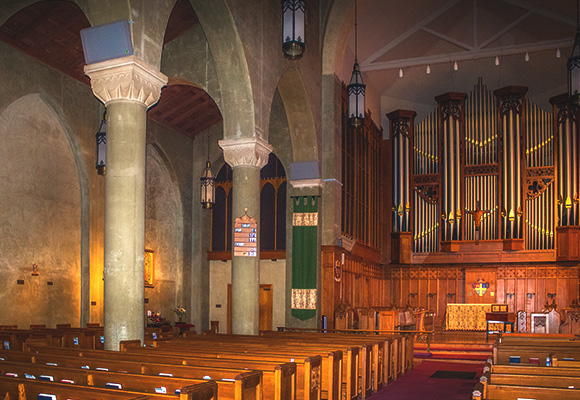
How to Make a Complaint
Anyone with information about a possible Offense by an accountable person can make a complaint. Accountable persons are the clergy, i.e., deacons, priests, and bishops.

Intake Process and Intake Officers
The Intake Officer starts the Title IV process with the receipt of a complaint. Framers of Title IV and those who train others in facilitating Title IV processes emphasize that handling the receipt of a complaint is one of the most critical, challenging, and important ways a Complainant may be heard. A complaint can come verbally, through the mail, in person, or it may be delivered by another person. It is vital that the Intake Officer understand all methods are of equal importance.

What To Expect In a Title IV Procedure
The structure, procedure, and process is explained in detail in the Structure and Procedure section of the website. In this part of the General Education and Best Practices section are the ecclesiastical expectations and foundations governing the entire process.

with Bishops as Respondents
The “General Education and Best Practices” topics concerning How to Make a Complaint, Intake Process and Intake Officers, and What to Expect in a Title IV Procedure often assume a model where a priest or deacon is the Respondent

Pastoral Response
Pastoral Response is a vital component of Title IV. It is one of the first priorities to accompany all phases of the process for all participants. The canonical requirement for Pastoral Response is one of the important differences between past disciplinary processes and Title IV. Title IV.8 details a structured response and the goals to promote “healing, repentance, forgiveness, restitution, justice, amendment of life and reconciliation among all involved or affected.”

Communication during a Title IV Procedure
This topic is a general overview. The website user is directed to also view related topics to discover best practices in media relations, message development, spokesperson choices, and the effects of social media.

Diocesan Communicators - Best Practices
This topic is related to the other communication topics: Communication During a Title IV Procedure, Communication to the Media and Communications: Social Media

To the Media
This is one of four topics related to communication planning for crisis communication needed during a Title IV procedure.

On Social Media
There was a time in communications when a diocese could largely control its news coverage by offering carefully worded press releases to the handful of media outlets in a town. This is not to say there wasn’t any “bad press” at times or stories that were given by people not authorized or without proper knowledge to speak. However, a diocese generally had time and opportunity to respond before the next day’s newspaper or the next evening’s newscast.

Risk Management
In their decades of study, the General Convention committees framing Title IV deemed risk management to be an important step in preventing Title IV offenses and managing the Title IV process when offenses occur.

Advisors
The Advisor may be one of the least understood roles in the Title IV process. It may be easier, in fact, to understand the role by reviewing what it is not, rather than what it is.

Attorneys
An attorney may be used in Title IV procedures as a consultant, investigator, or representative of parties such as the Respondent and by the church. This section of the website does not cover the duties and best practices of the Church Attorney, rather those attorneys who are normally brought in by participants.
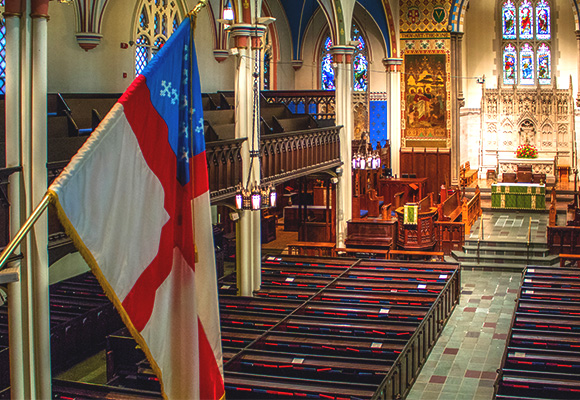
Bishops
The step-by-step canonical process for a bishop is detailed in the Structure and Procedures section of this website accessible from the menu at the top of each page. This, the educational and best practices section of the website, offers advice and case studies from those who have years of experience in Title IV procedures and from those who have studied Title IV Canons for decades.

Abandonment
Abandonment is a Title IV matter unlike other Title IV Offenses. It also is one of the few times that the Title IV Canons involve the Standing Committee and the bishop. Title IV.16 details the procedure when there is belief that a priest or deacon has abandoned the communion of the Episcopal Church. The Standing Committee notifies the bishop, who may or may not restrict the ministry of the cleric at that point. If the Standing Committee determines the abandonment to be true and the bishop agrees, the bishop proceeds with possible disciplinary action as determined in the Canons.

Pastoral Direction
The canons give the bishop roles in nearly every stage of a Title IV proceeding. This portion of the website offers best practices for two of the most common roles. One is ensuring Pastoral Response for all affected parties is offered. The other is the use of a Pastoral Direction document. This directive is frequently used to convey either part or all of an outcome of a Title IV proceeding.

Chancellors
It is critical that a diocesan chancellor recognize the narrow scope of his or her role in a Title IV proceeding. The chancellor’s role has many boundaries. Educator and Executive Council member Alexizendria Link says the chancellor can advise about the process but not be a participant in the process.
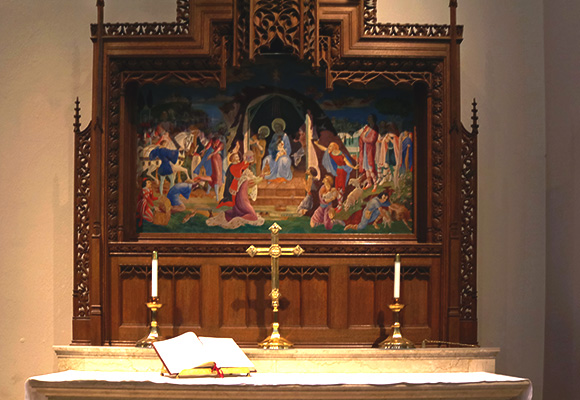
Church Attorneys
Church Attorneys may be one or several attorneys selected to represent the diocese in a Title IV proceedings. Once a proceeding has been advanced to the Reference Panel, and the Reference Panel has furthered the matter for action, the Intake Officer’s report goes to the Church Attorney. The Church Attorney is responsible for determining if the report, or parts of it, merit further proceedings.

Disciplinary Boards
The Disciplinary Board is the pool of clerics and laypersons that make up the Reference, Conference, and Hearing Panels. The President of the Disciplinary Board is elected from the board within two months after the board is selected. The various panels and procedures involving the Disciplinary Board are described in the canons (Title IV.5). Also, a step-by-step guide to assist with Title IV processes is available on the Title IV Structure and Procedures section of this website.

Priests and Deacons
This resource is designed as an educational tool to help priests and deacons become familiar with the principles and contents of Title IV. Canons detailing the rights and responsibilities of priests and deacons are found in Title IV.3 and Title IV.4. Additionally, Title IV experts, authors, theologians, long time clerics, and church officials offer “best practices” with the goal of avoiding a Title IV complaint and proceeding. This discussion is not meant to replace study of the Title IV canons, nor is it a substitute for legal advice.

Best Practices
The vows of baptism and ordination hold clerics accountable for improper conduct and discipline as defined in Title IV. In the broader topic of Priests and Deacons, members of the clergy and other experts state the vocation involves stress, isolation, and vulnerability for priests and deacons as they minister to the hurting of the world, sometimes on a 24/7 timetable. The vocational reality can become a dangerous precursor to behaviors chargeable under Title IV.

Vulnerability
The vows of ordination present a cleric with a life of vulnerability. Clerics and other experts interviewed for this website say vulnerability comes from both personal and external stresses inherent to the vocation. Managing personal vulnerability and maintaining constant vigilance and boundaries is necessary to prevent Title IV-level incidents and claims.

Bivocational Clerics
Best practices, experiences, advice, education, and issues of vulnerability and accountability for Title IV canons are all included in topics designed for priests and deacons in this website. You will find it helpful to have visited the following related topics prior to consulting this section of the website concerning clerics who are bivocational: Priests and Deacons, Priests and Deacons Vulnerability, Priests and Deacons Best Practices

Clergy in Non-Parochial Ministries
Best practices, experiences, advice, education, and issues of vulnerability and accountability for Title IV canons are all included in topics designed for priests and deacons in this website. You will find it helpful to have visited the following related topics prior to consulting this section of the website concerning clerics who are involved in non-parochial ministry:
Priests and Deacons
Priests and Deacons Vulnerability
Priests and Deacons Best Practices
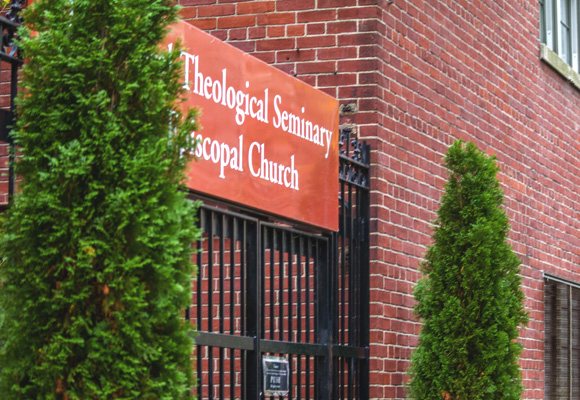
Postulants, Seminarians and Candidates
As a prerequisite to ordination, postulants, candidates and seminarians are required to be trained in the principles and boundaries established by Title IV. (TITLE III.6.5 Deacons, TITLE III.8.5 Priests).
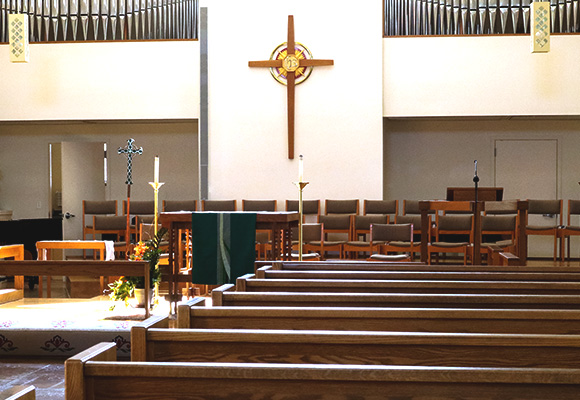
Trainers
The Episcopal Church recognizes that understanding and implementing the canons of Title IV requires specific training, as the process may be unfamiliar and bears so many potential consequences for individuals and for the church.




















